As a passionate backpacker, I care a lot about the environment and see water as a precious resource that needs to be cherished.
Also, in some situations, I have found myself lacking in water during my hiking trips and wondered if it is going to rain and what would happen if I would drink rainwater. How to make rain water safe to drink?
The answers to this question are many, and they depend on various factors even on the place where you are collecting the rainwater (more on that later).
There is no simple yes or no answer, but I’ll try to make everything as clear as possible.
More...
Rainwater is Mostly Safe – Here’s When
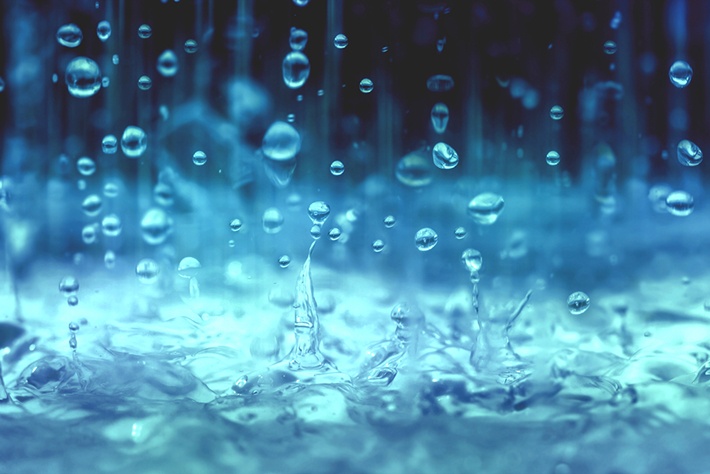
Millions of people around the globe drink rainwater, in some places it is even the main water supply, so it is safe to say that most of the rainwater is perfectly healthy to drink.
This depends on the levels of pollutants, mold, pollen and other contaminants that can be found in rainwater.
In most places, these levels are low, and thus safe. However, it is important to remember that sometimes rainwater can pick up certain amounts of bacteria, dust and insect parts.
Sometimes Rainwater isn’t Safe – Here’s When
It is imperative to know that you can’t always rely on rainwater as your water supply.
Sure, when you are visiting campgrounds in USA parks, you can be sure that the air quality is relatively uncompromised and that the rainwater that comes through the atmosphere will contain only bearable levels of contaminants, but this is not always the case.
If you are hiking in an area near power plants and chemical plants, or, for some reason want to test your luck around Fukushima, you should avoid collecting rainwater to drink, at any cost, because you could pick up toxic chemicals with it.
Also, it is never a good idea to collect rainwater from puddles and to pour it into dirty containers.
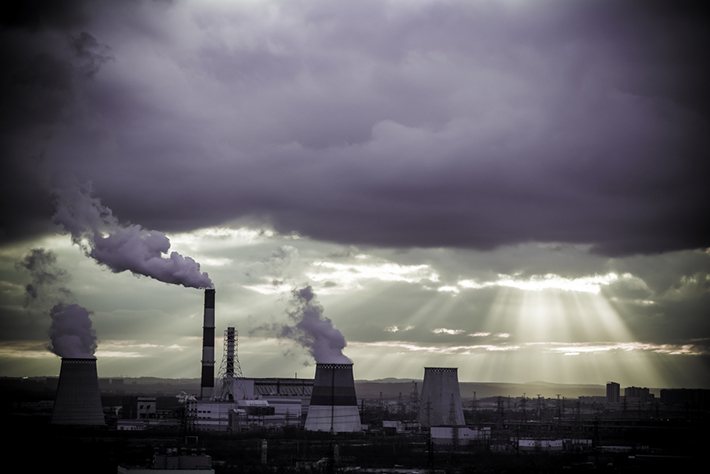
Should You be Worried about Acid Rain?
Acid rain sounds really terrifying, doesn't it?
In fact, in most cases, it is perfectly harmless, because most of the rainwater is naturally acidic (pH around 5.6) and any drinking water you will encounter usually has at least low acid levels, and it is rarely neutral.
Some beverages we often drink, such as orange juice or coffee, have pH 4 to 5. The only acidic rainwater you need to stay clear off is the one falling next to and around a volcano.
How to Make Rainwater Safer?
Even though, as I said, rainwater is rarely a health hazard, it does manage to collect some dust and bacteria while you are collecting it.
There are two crucial steps that can help you make the water you’ve harvested as safer as possible:
- Filtration removes the debris and dirt from the water, but it does not eliminate all the harmful particles from the water. When you’re outside, there are many ways to filtrate water, each relying on different aspects and equipment you can find in the wilderness.
- Boiling the water will kill off the majority of pathogens and finally make turn your rainwater into a safe refreshment.
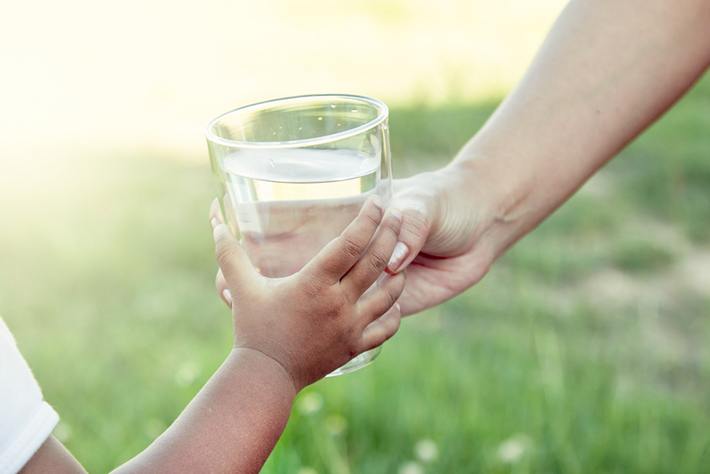
One other thing to remember when it comes to the safety of the rainwater is the method of collecting. Here are some precautionary steps to take for safe harvesting:
- Use a clean bucket, bowl or a container. By clean I mean a disinfected one, or at least one that has been washed in a dishwasher.
- Let the harvested water sit for about an hour so that the tiny particles could settle at the bottom.
- Run the water through a coffee filter and if you can, boil it.
- If you have a refrigerator on you, you can also refrigerate the water to slow down the growth of microorganism it can contain.
Related Posts:
How To Collect Rainwater?
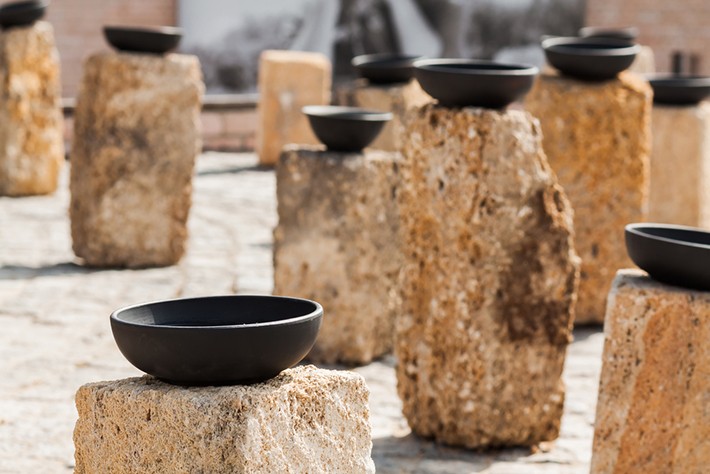
After a lot of asking around, I have decided to collect rainwater at home and save a lot of money in the process. As I learned, there are seven components you need to collect rainwater efficiently.
- Catchment surface
- Roof washing system
- Storage tanks
- Conveyance system
- Screening mechanism
- Water filtration
- Delivery system.
What About Other Ways Of Purification?
Some people find boiling and filtration not sufficient to really purify the rainwater.
Although I think that if you do the collection properly and if you have harvested the rainwater from an area with low air pollution, these two steps are quite sufficient, if you are one of them, you need to know that there is a chemical treatment of water purification you can use.
These chemical treatments use Iodine or Chlorine to kill parasites and bacteria that may be contained in the harvested water, and they are recommended by the World Health Organization.
Advantages and Disadvantages of Drinking Rainwater
I am a big advocate of harvesting and drinking rainwater, but I also respect other people’s opinion, so I’ve decided to make a list of the most frequent pros and cons of drinking rainwater which could help you make your own decision.
Advantages of Drinking Rainwater:
- It is inexpensive.
- It is not a waste of resources.
- It does not contain as many chemicals as your local water supply because municipal water treatment facilities use fluoride and chlorine to purify the water.
- If you collect it properly (disinfected container), in the right place (places with great air quality) and purify the right way (filtration and boiling), rainwater can be even healthier from your local water supply.
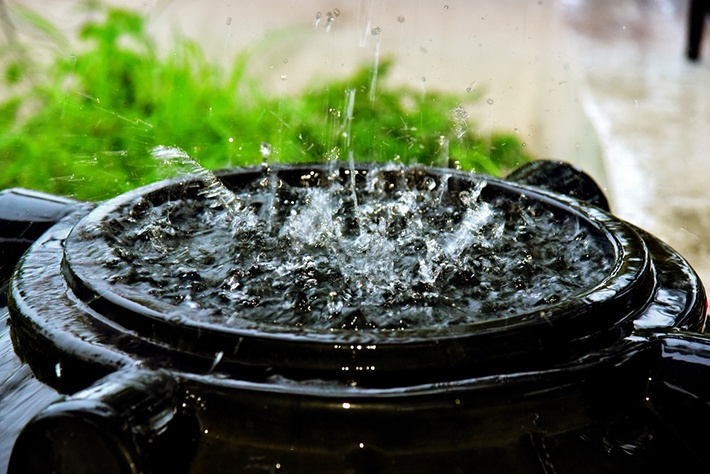
Disadvantages of Drinking Rainwater:
- Rainwater can contain various pollutants, such as algae, insect and plants parts, bacteria, soil, and sometimes even radioactive particles.
- Because of that, it should be tested to determine its safety, especially if you are collecting it near a city or a larger populated area.
- The process of collecting, filtration, boiling and treating the rainwater with chemicals can be long and tiresome.
The Answer You’ve Been Looking For
I'm aware you've come here searching for a "yes or no" answer, but, as with most things in life, it is not possible to get an exclusive answer.
The best thing I can give you is that rainwater is safe to drink sometimes, and sometimes it is not.
However, even in situations when the answer is yes, you should take some measures to make the rainwater you've collected as safer as possible, by filtrating and boiling it, and if you can, refrigerating it to prevent the development of harmful microorganism.
The decision whether or not you will join millions of people around the globe and collect and drink rainwater is up to you. Observe all of the pros and cons in this article, and see if it is worth the trouble.
I can only speak for myself and say that I had no problems with harvesting, purifying and drinking rainwater so far.
Not only is my health in good shape, but I also feel happy to be able to contribute the preservation of precious water resources on our planet.
